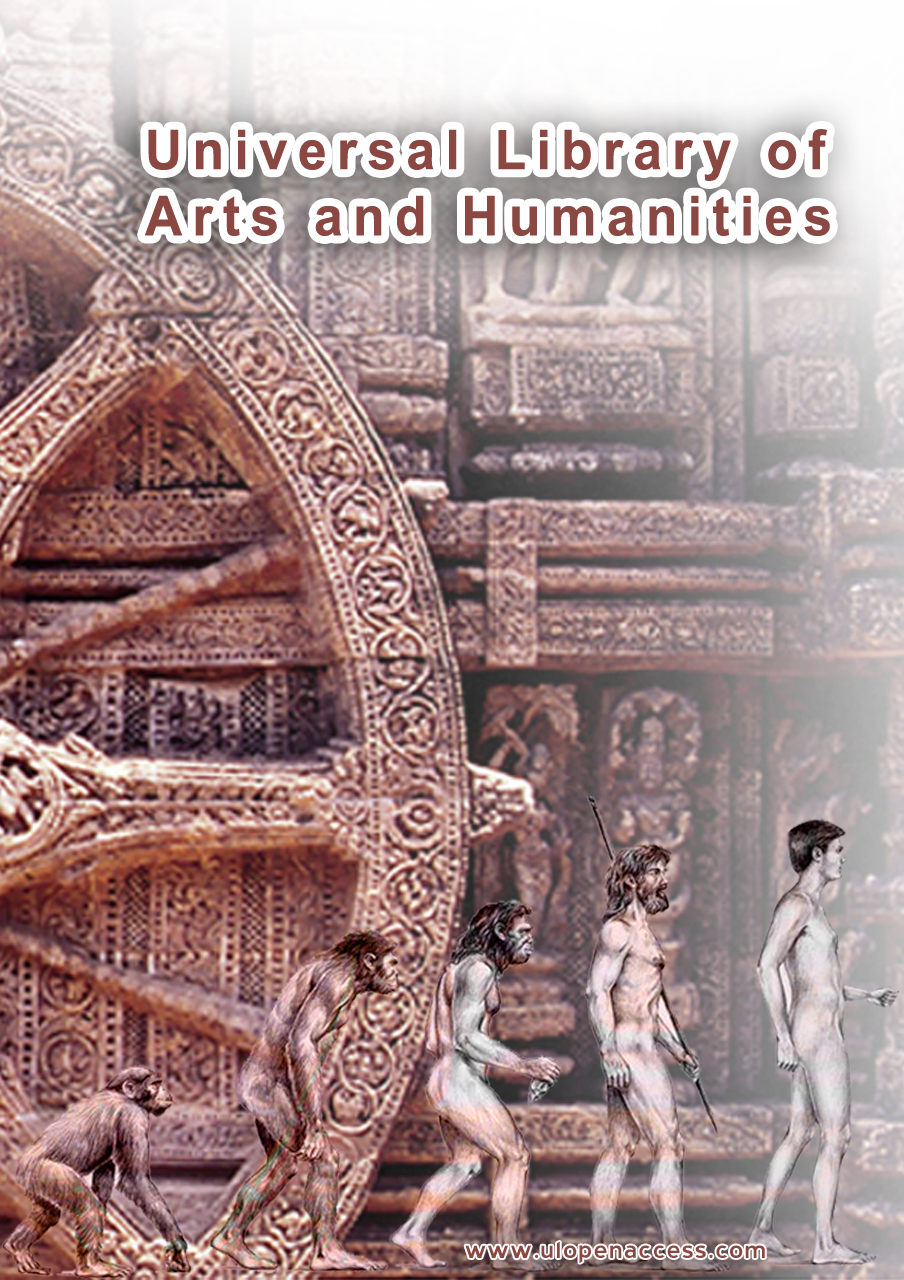Intellectuals Under RevolutionHe Ni Citation: He Ni, "Intellectuals Under Revolution", Universal Library of Arts and Humanities, Volume 02, Issue 04. Copyright: This is an open access article distributed under the Creative Commons Attribution License, which permits unrestricted use, distribution, and reproduction in any medium, provided the original work is properly cited. AbstractThis paper argues that revolutionary regimes often persecute intellectuals because these educated individuals are perceived as threats to ideological purity and political control. To demonstrate this thesis, the study compares three historical revolutions: France’s Reign of Terror, China’s Cultural Revolution, and Cambodia under the Khmer Rouge. In each case, intellectuals were scapegoated as enemies of the revolution and blamed for the nation’s problems. Revolutionary leaders fueled anti-elitism by rallying the masses against scholars and professionals. These intellectuals were portrayed as symbols of the old order and privileged classes. The regimes also displayed ideological extremism, enforcing strict conformity and punishing any independent thought as subversive. Overall, despite differing contexts, all three revolutions followed a similar pattern of vilifying and suppressing intellectuals to maintain ideological purity and political control. Keywords: Revolution; Intellectual Persecution; French Revolution; Cultural Revolution; Khmer Rouge. Download |
|---|

